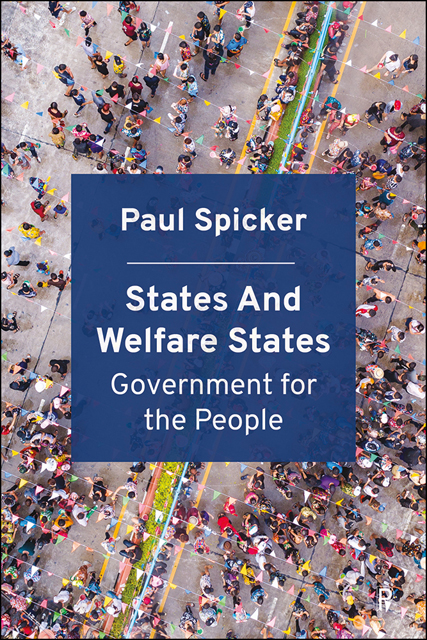2 - Government
Published online by Cambridge University Press: 20 June 2023
Summary
Summary
Government is rule-bound: the conventions of sovereignty and the rule of law bind the government itself. These conventions make it possible to preserve central authority while delegating practical services. Government is commonly understood in terms of legislative, executive and judicial functions. There are overlaps between these elements, but beyond that there are further roles in governance and accountability, and the government acts as a policy-maker and provider in service delivery.
Historically, contemporary governments asserted their authority, not by stately procession through ordered stages of development, but rather the unsteady growth of legal, integrative, protective and regulatory measures – sometimes gradual, sometimes sudden. Given the huge variation in the range and scope of such activities, it is striking that such roles have come, in so many places, to take the form of recognisably similar principles and policies.
The process begins, for contemporary governments, with a system of law. Legal rules define what is possible, and what is not. The primary task of a legislature is to establish laws, and there are measures to take before laws can be recognised and acted on. Hart points to a series of ‘secondary rules’, which are really rules about rules. In any system of law, there have to be rules of recognition, so that people will be able to recognise what is a law, and what is not; rules of change, by which it can be determined how a law can be introduced, amended or abolished; and rules of adjudication, by which it can be determined how the law applies in any particular case. This all falls under the general heading of ‘constitutional’ law. (There does not have to be a written constitution, though it helps to have one.) Below the level of constitutional law, there is administrative law, which defines the specific powers and duties of executive agencies.
Treating law systematically does preclude making arbitrary decrees: something is not a law just because a leader says so. Weber referred to systems which depend on the personal authority of a leader as ‘patrimonialism’, and notes the aversion to bureaucracy and reliance on family connections that often goes with it.
- Type
- Chapter
- Information
- States and Welfare StatesGovernment for the People, pp. 17 - 29Publisher: Bristol University PressPrint publication year: 2022



